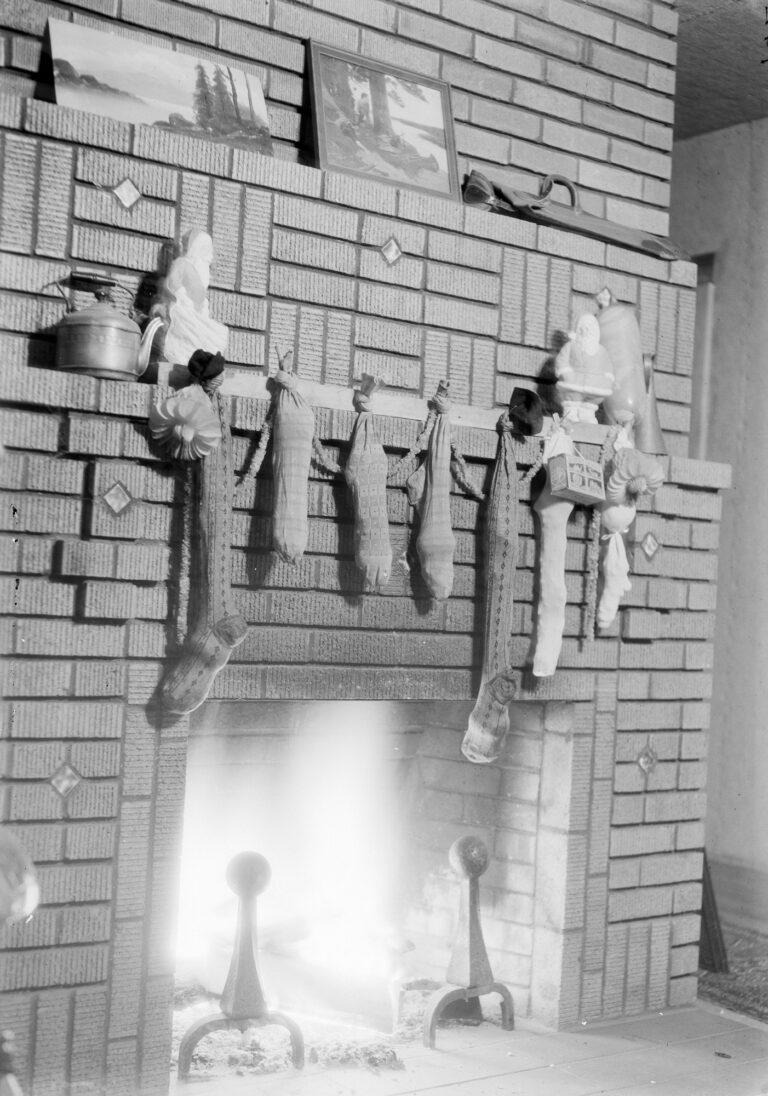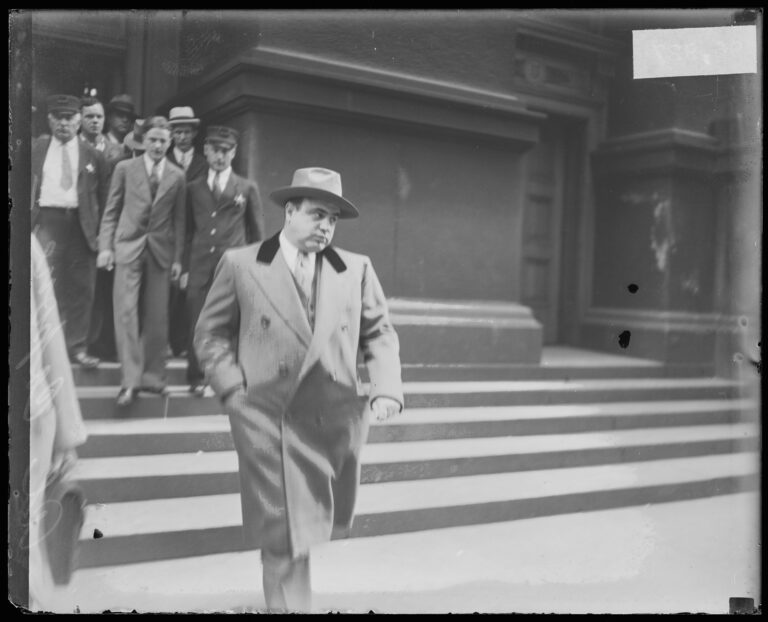The Arthur W. Mitchell papers in our Abakanowicz Research Center document his time representing Chicagos First Congressional District from 1935 to 1943, during which he was the only African American Learn More The post The Congressional Career of...
The Arthur W. Mitchell papers in our Abakanowicz Research Center document his time representing Chicagos First Congressional District from 1935 to 1943, during which he was the only African American member of Congress. In this blog post, learn more about Mitchells life and career.
A teacher, lawyer, congressman, and farmer, Arthur Wergs Mitchell was born in Roanoke, Alabama, on December 22, 1883, to Taylor and Ammar Mitchell. Both of his parents had been born enslaved, and his father worked as a farmer. In 1901, Mitchell attended Booker T. Washingtons Tuskegee Institute for a year, followed by another year at Snow Hill Institute in Wilcox County. In the late 1910s, after opening and operating a series of schools for African Americans, Mitchell was accused of defrauding poor Black people of land to build these schools, and a number of them mysteriously burned down. The mounting legal problems and pending lawsuits likely spurred him to move to Washington, DC, in 1919. There, Mitchell studied law on his own for three years, passed the District of Columbia bar exam despite lacking a law degree, and founded the Mutual Housing Company of Washington, DC, to help secure better housing conditions for African Americans.
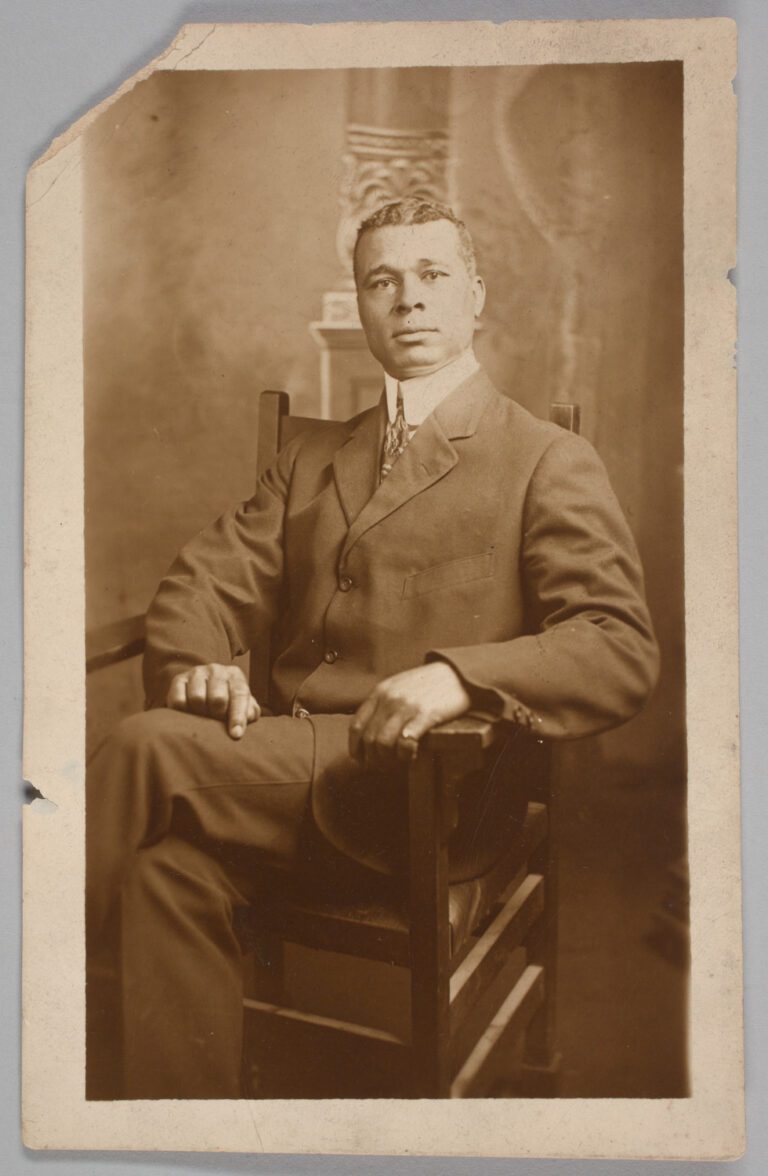
Seated portrait of Arthur W. Mitchell, 1912. CHM, ICHi-026226
Mitchell moved to Chicago in 1924 and was admitted to the Illinois bar in 1927. After establishing a law office in 1928, he began to work for the Republican Party. Within a few years, he switched to the Democratic Party, whose positions toward the unemployed and poor aligned more with his personal views.
Mitchell ran for Congress in the 1934 primary election for the Democratic nomination for the Illinois First Congressional District, losing to a white competitor, Harry Baker. When Baker died soon afterward, however, Mitchell was named to run against Oscar De Priest, a Republican, former Chicago alderman, and the first African American elected to Congress since Reconstruction.
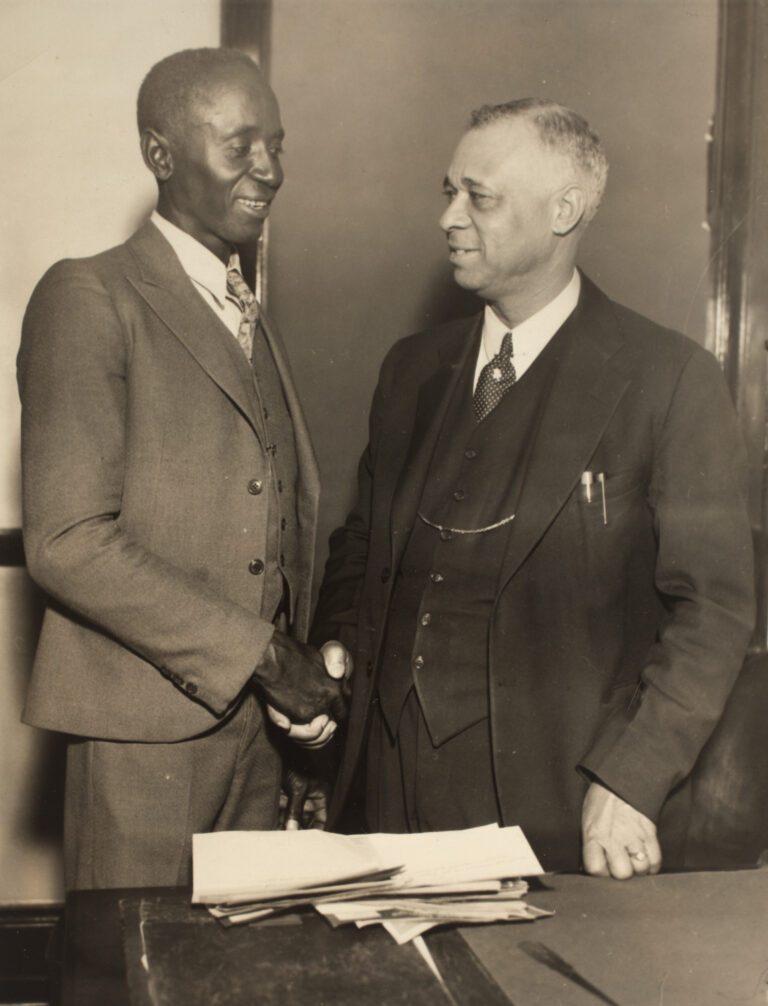
Mississippi congressman Sylvester Harris (left) congratulates Arthur W. Mitchell on his election to the House of Representatives after defeating Oscar De Priest, Chicago, 1934. CHM, ICHi-183204; Associated Press, photographer
On November 6, 1934, Mitchell became the first African American Democrat elected to the US Congress. One major factor in his victory was that he emphasized that his duty was to represent all of his constituents, a position that won him the support of many whites. He joined the Post Office and Post Roads Committee soon after his election and remained a member of the committee throughout his years in Congress. Less than one month into his first term, Mitchell fulfilled one of his campaign promises by introducing an antilynching bill. NAACP leaders were dissatisfied with the bill, however, believing its language was too weak. The rift between Mitchell and leaders of the NAACP became even more pronounced when he supported Senator Hugo L. Black for appointment to the Supreme Court despite evidence that Black had previously been associated with the Ku Klux Klan.
Mitchell was elected to a third term in Congress in 1938 and almost immediately introduced a bill to ban discrimination in interstate travel. He also quickly put forth bills against lynching, to reform the United States Civil Service, and to create an industrial commission to help African American businesses. That term, the Anti-Lynching Bill of 1937 passed the House but again died in the Senate.
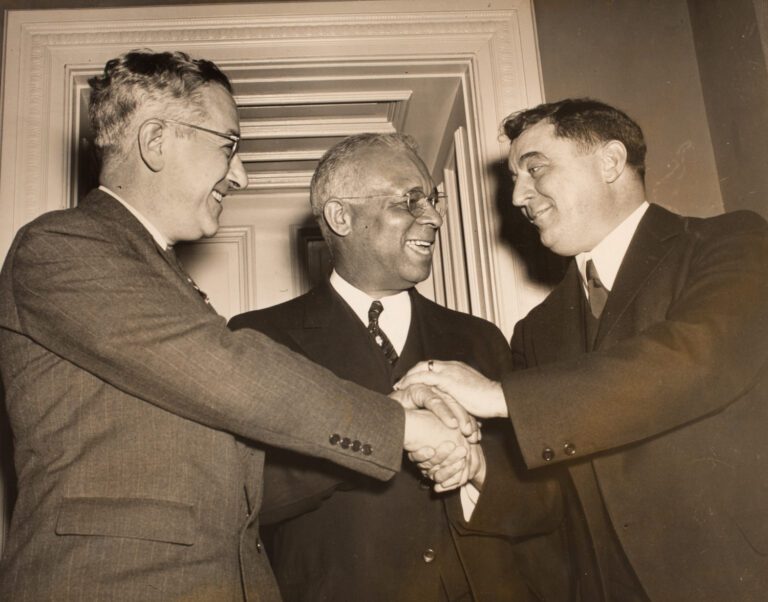
From left: Illinois congressmen Raymond S. McKeough, Arthur W. Mitchell, and New York congressman Joseph A. Gavagan (right) shake hands following passage of an antilynching bill in the House of Representatives, 1940. It would be the second time the bill passed the House but died in the Senate because of filibusters by Southern Democrats. CHM, ICHi-026235; Acme Photo, photographer
Following his election to a fourth and final term, Mitchell again offered bills on civil service reform, lynching, a commission on Negro affairs, and desegregated interstate travel. It was during this term that he also won what he considered to be his greatest victory in a case that went to the US Supreme Court. The congressman had begun his legal battle against Jim Crow in 1937, when he sued the Illinois Central and Rock Island railroads and the Pullman Company under the Interstate Commerce Act (1887), which stated that all passengers on railroads were to be given equal and fair treatment. He had been traveling on a train in Arkansas when he was ejected from a first-class seat and put in a colored second-class car. The Interstate Commerce Commission (ICC) rejected Mitchells appeal, ruling that it could not override Arkansas segregation laws. He vowed to take the case all the way to the Supreme Court, and on April 28, 1941, the high court reversed the ICC ruling.
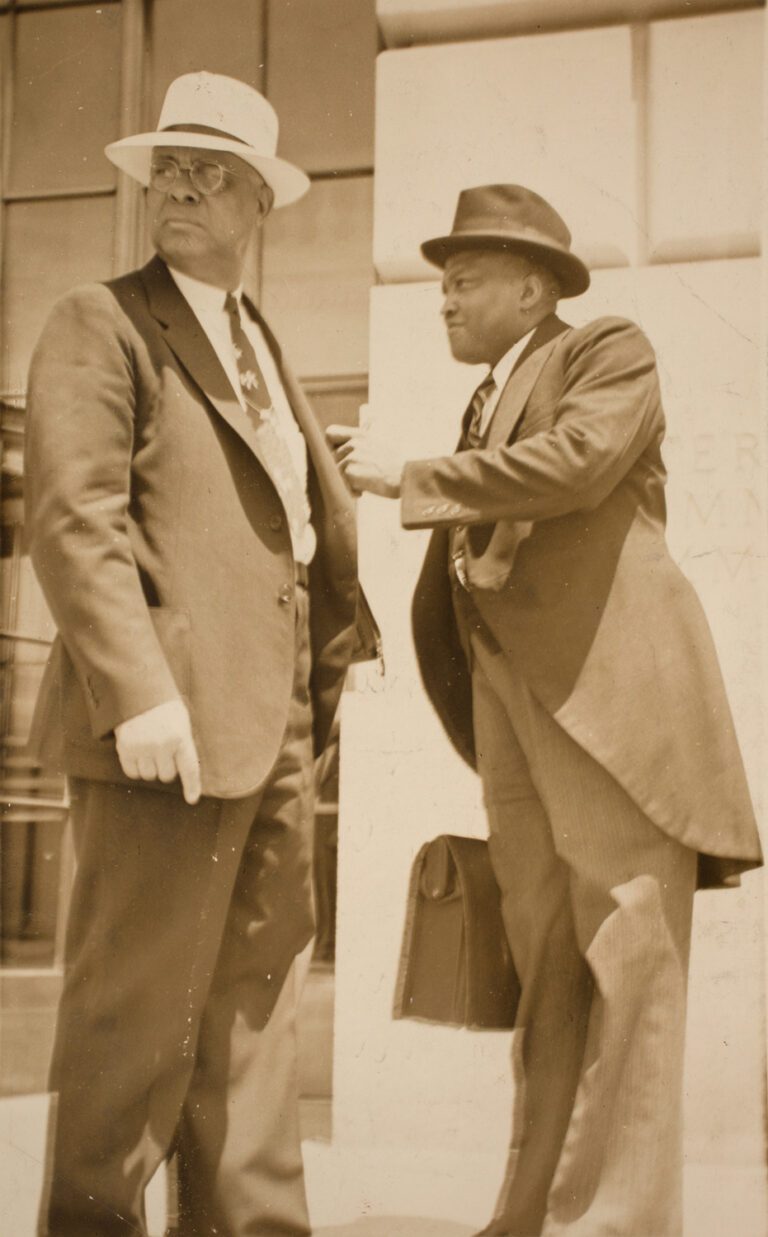
Arthur W. Mitchell (left) and attorney Richard E. Westbrooke in Washington, DC, to argue before the Supreme Court that African Americans were entitled to equal accommodations on interstate passenger trains, 1941. CHM, ICHi-026227
In spite of the ruling, it took until 1955 for the ICC to ban segregation in interstate railroad transportation. The congressman considered his case to be a major step toward the eventual equal treatment of African Americans in interstate travel. Frustrated over the failure of his bills to be passed and faced with the challenge of a new candidate in his district, Mitchell decided not to run for reelection in 1942. He was succeeded in Congress by Democrat William L. Dawson.
Mitchell retired to his farm in Petersburg, Virginia, returning occasionally to Washington, DC, to serve as an advisor to the US War Department. He also involved himself in the work of the Southern Regional Council, a biracial group that attempted to achieve an unsegregated society in unobtrusive ways. Continuing some work in politics, he supported the Adlai E. Stevenson-John J. Sparkman ticket against Dwight D. Eisenhower and Richard M. Nixon in the 1952 presidential race. On May 9, 1968, Arthur Mitchell died in his Petersburg home at the age of 84.
Additional Resources
Read Mitchells page on the US House of Representatives History, Art, & Archives site Read the entry on Mitchell in the online Encyclopedia of AlabamaThe post The Congressional Career of Arthur W. Mitchell appeared first on Chicago History Museum.







